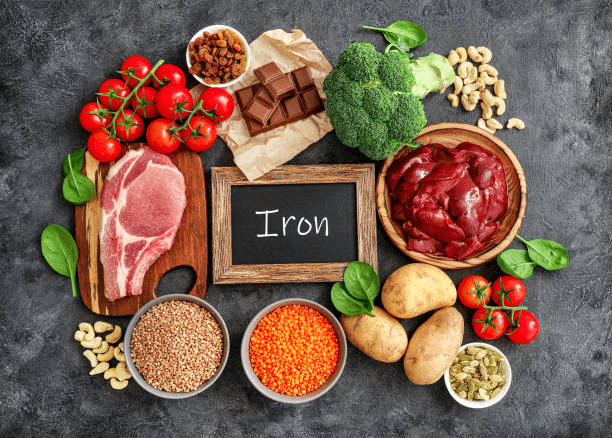- +033 2572 7171
- info@dhanvantary.com

4.5 Rating | 4500 Review

4.5 Rating | 4500 Review
Iron is regarded as one of the most vital elements on Earth. Its primary function is to assist red blood cells in transporting oxygen to various parts of the body. Additionally, iron plays a crucial role in numerous cellular processes that contribute to energy production. It is essential for the formation of red blood cells, a process known as hematopoiesis. Iron is a key component of hemoglobin, the pigment responsible for the red color of blood, which binds to oxygen and facilitates its transport through the arteries to the lungs.

There are two types of iron:
Excessive iron consumption can be toxic and should be avoided. Potential complications arising from high iron intake may include:
